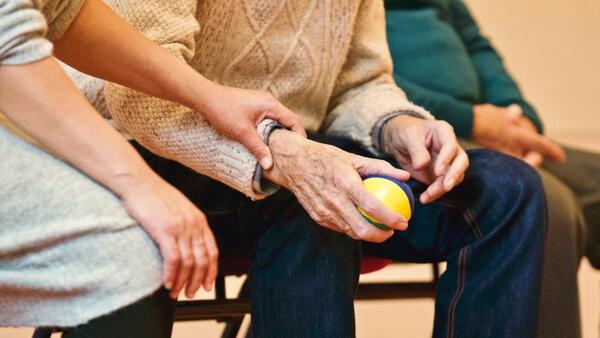
How Punitive Damages Protect Vulnerable Elderly Victims in Nursing Home Abuse Cases
Unfortunately, abuse and neglect in nursing homes is a growing concern. This issue affects the most vulnerable individuals in society and can take the form of physical, emotional, and financial abuse, as well as simple neglect. Due to the cognitive and physical limitations of elderly individuals, they are often unable to report mistreatment or defend themselves.
In cases of intentional harm or extreme negligence, punitive damages may actually apply. Keep reading to find out when punitive damages apply in certain cases and how they can discourage elder abuse in nursing homes.
What Are Punitive Damages?
First and foremost, punitive damages are often awarded in legal cases to punish defendants for malicious intent, reckless disregard for human safety, or gross negligence.
Punitive damages are all about punishing wrongdoing, not gaining compensation for pain, suffering, medical expenses, or lost income. This is what sets them apart from standard economic and non-economic damages. In regard to nursing home abuse cases, punitive damages send a message that elder abuse will not be tolerated.
When Are Punitive Damages Awarded?
Punitive damages are generally awarded to victims of egregious misconduct, gross negligence, or intentional harm. The courts consider various factors, such as if the defendant has exhibited a pattern of neglect, the severity of the abuse, and if the actions were willful, when determining whether or not punitive damages are appropriate.
In the case of nursing homes, in particular, punitive damages are often awarded for actions such as physical assault, financial fraud, or severe neglect that may lead to fatalities.
The Impact of Nursing Home Abuse on the Elderly
The unfortunate reality is that abuse in nursing homes is quite prevalent, and it can have a severe impact on residents of the home.
There are several types of abuse that are common in nursing homes, including physical abuse, which can manifest in fractures, burns, bed sores, and unexplained bruises. It also includes emotional abuse, such as threats, isolation, humiliation, and verbal harassment.
Moreover, simple neglect, such as the failure to provide adequate food, water, hygiene, and medical care are also considered abuse. Some nursing home staff may also access bank accounts, forge signatures, or engage in otherwise deceptive financial schemes that exploit their elderly residents. In fact, financial abuse represents 14% of all nursing home abuse cases, which goes to show how prevalent the issue really is.
How Punitive Damages Help Hold Nursing Homes Accountable
Punitive damages serve three main purposes in terms of holding nursing homes accountable as mentioned before, but it’s worth diving into these points a little deeper. Specifically, punitive damages prevent future issues in nursing homes in the following ways. The main point of punitive damages is to create severe financial consequences for the abusers. Large damage awards forced nursing home operators to pursue stricter policies, improve staff training, and provide better oversight, as they can be held accountable too. It's all about deterring the same actions from happening in the future.
Another purpose of punitive damages is to raise public awareness. Courts often award significant punitive damages in high-profile cases, as it attracts public attention and serves as a warning to the greater public. This can even go so far as driving legislative changes.
Finally, although the main point of punitive damages is not compensation, they still offer victims and their families a sense of validation and justice. After all, abusers must be held accountable, and the reward received can go towards recovery costs.
Legal Challenges and Considerations in Nursing Home Abuse Cases
Proving abuse is a challenge in nursing home abuse cases as there is often a lack of direct witnesses. Victims may also have difficulty in communicating which is why the issue often goes unnoticed. Furthermore, nursing homes will often claim that injuries occurred due to pre-existing conditions instead of abuse, which can be hard ti disprove.
They may also claim that staff members were simply unaware of the abuse, and nursing homes may also claim that the victim did not report any mistreatment in a timely manner. Due to this, the role of forensic specialists, elder care professionals, and medical experts is crucial as far as witness testimony is concerned, as it can shed light on the broader issues in the case.
For the best chances of winning punitive damages in a nursing home abuse case, legal representation is strongly recommended as a lawyer can help you navigate the nuances of law.
Receive your just compensation in court
Punitive damages are one of the best tools for holding nursing homes accountable for neglect and abuse in the future. The severe financial penalties imposed by punitive damages raised public awareness, provide justice to victims and their families, and deter future misconduct. However, acting quickly and seeking legal assistance is essential as soon as you notice any kind of elder abuse occurring, as those targeted may not have the means to stand up for themselves or even realize what is happening.